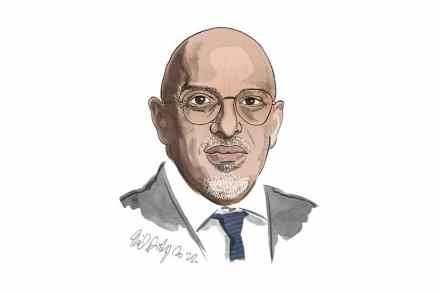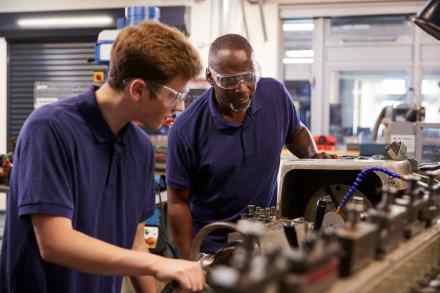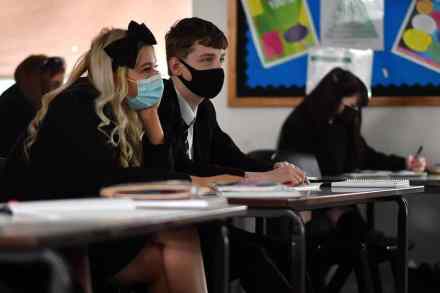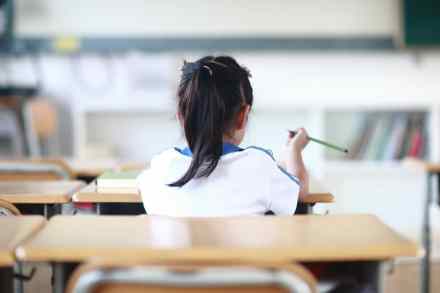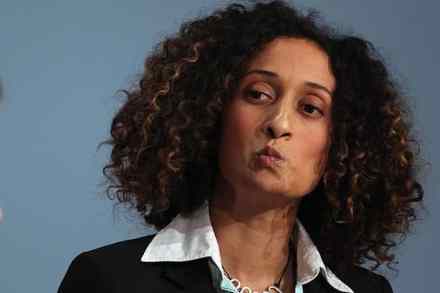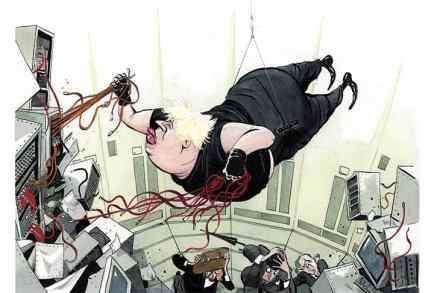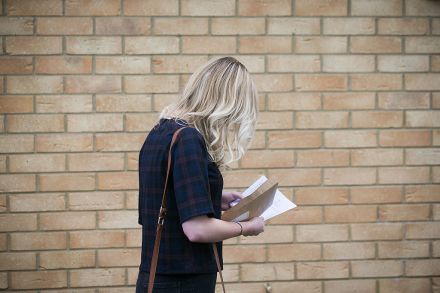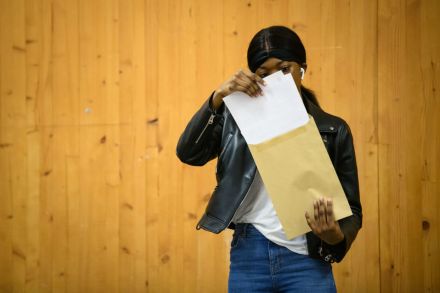Nadhim Zahawi: how I escaped Saddam’s Iraq
One night in December 1977, when Saddam Hussein was deputy leader of Iraq and already the strongman of the government, Nadhim Zahawi’s father was tipped off that Saddam’s secret police were after him. Zahawi, a Kurd working in Baghdad, decided to leave right away. He phoned the office to say that he was travelling to the north of the country for work and quickly set about his escape. The Baathist secret police did come for him that night, but by the time they arrived at his house, he was at Baghdad International Airport with a ticket to London. An 11-year-old Nadhim nervously saw him off at the airport with his
